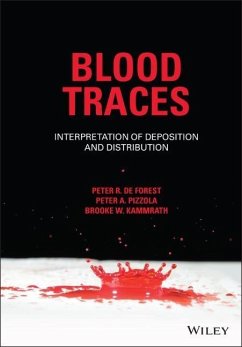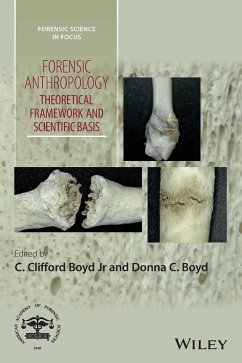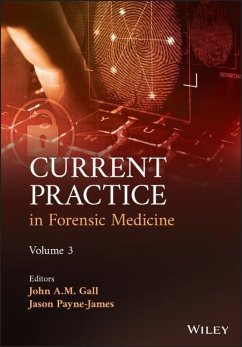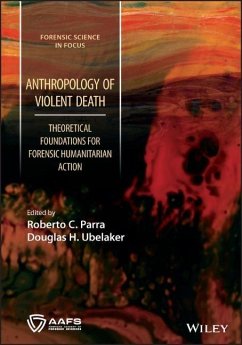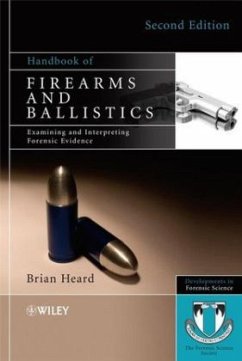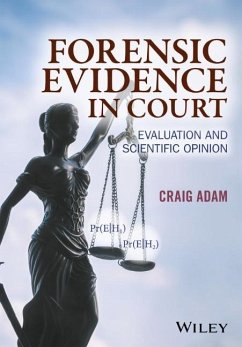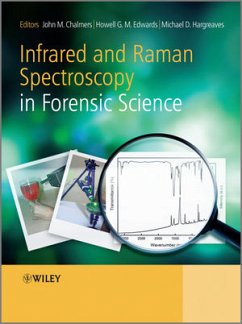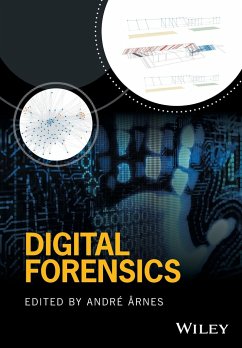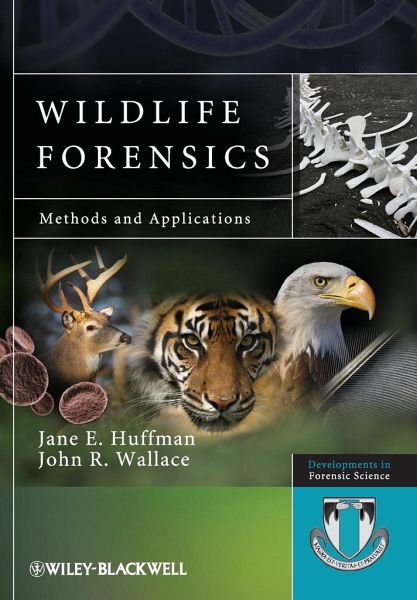
Wildlife Forensics
Methods and Applications

PAYBACK Punkte
54 °P sammeln!
Wildlife Forensics: Methods and Applications provides an accessible and practical approach to the key areas involved in this developing subject. The book contains case studies throughout the text that take the reader from the field, to the lab analysis to the court room, giving a complete insight into the path of forensic evidence and demonstrating how current techniques can be applied to wildlife forensics. The book contains approaches that wildlife forensic investigators and laboratory technicians can employ in investigations and provides the direction and practical advice required by legal ...
Wildlife Forensics: Methods and Applications provides an accessible and practical approach to the key areas involved in this developing subject. The book contains case studies throughout the text that take the reader from the field, to the lab analysis to the court room, giving a complete insight into the path of forensic evidence and demonstrating how current techniques can be applied to wildlife forensics. The book contains approaches that wildlife forensic investigators and laboratory technicians can employ in investigations and provides the direction and practical advice required by legal and police professionals seeking to gain the evidence needed to prosecute wildlife crimes. The book will bring together in one text various aspects of wildlife forensics, including statistics, toxicology, pathology, entomology, morphological identification, and DNA analysis. This book will be an invaluable reference and will provide investigators, laboratory technicians and students in forensic Science/conservation biology classes with practical guidance and best methods for criminal investigations applied to wildlife crime. * Includes practical techniques that wildlife forensic investigators and laboratory technicians can employ in investigations. * Includes case studies to illustrate various key methods and applications. * Brings together diverse areas of forensic science and demonstrates their application specifically to the field of wildlife crime. * Contains methodology boxes to lead readers through the processes of individual techniques. * Takes an applied approach to the subject to appeal to both students of the subject and practitioners in the field. * Includes a broad introduction to what is meant by 'wildlife crime', how to approach a crime scene and collect evidence and includes chapters dedicated to the key techniques utilized in wildlife investigations. * Includes chapters on wildlife forensic pathology; zooanthropological techniques; biological trace evidence analysis; the importance of bitemark evidence; plant and wildlife forensics; best practices and law enforcement.




